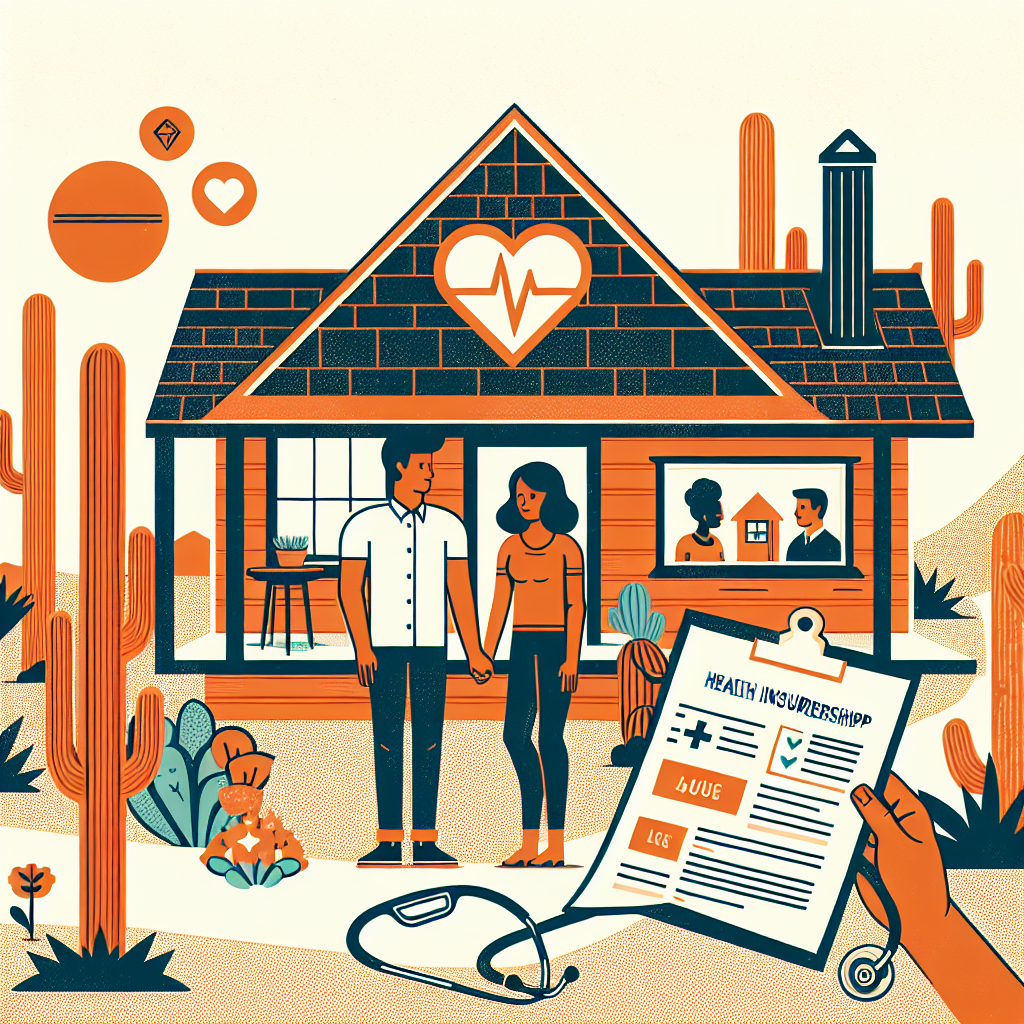Filed under Health Insurance on
Get Next Day Health Insurance Coverage Fast and Easy

In today's fast-paced world, finding health insurance coverage that can start as soon as the next day is not just a desire—it's a necessity for many. Whether you're transitioning between jobs, have just moved to a new state, or need immediate coverage for unforeseen medical needs, understanding how to secure health insurance quickly can provide significant peace of mind. This article outlines the key steps to obtaining next-day health insurance coverage and offers practical advice to make the process easier and faster.
Understanding Next-Day Health Insurance
Next-day health insurance, also known as short-term health insurance, is a type of policy designed to offer temporary coverage as soon as possible—sometimes within 24 hours of application. While it serves as a quick fix, it's crucial to comprehend the limitations and distinctions compared to traditional health insurance plans.
The Need for Speed: Why Next-Day Coverage?
There are several scenarios where next-day health insurance is particularly beneficial:
- Job Transition: If you're in between jobs and without employer-provided health insurance, short-term health insurance can bridge the gap.
- Missed Enrollment: Missing an open enrollment period for major health insurance plans might require a temporary solution.
- Unexpected Life Changes: Events like marriage, the birth of a child, or relocation can require immediate coverage beyond pre-planned insurance options.
- International Travelers: Those traveling to or residing temporarily in another country may require quick coverage.
How to Get Next-Day Health Insurance Coverage
1. Assess Your Needs
First and foremost, evaluate what you need in terms of coverage. Consider factors such as:
- Medical needs
- Preferred healthcare providers
- Budget allocation
Suppose you're a healthy individual only in need of coverage for emergencies; a basic plan with high deductibles and lower premiums might suffice. Alternatively, if you have particular medical prescriptions or ongoing treatments, ensure the policy adequately covers these necessities.
2. Compare Providers
With countless insurance providers offering various plans, it's vital to compare what they offer. Utilize online comparison tools to review:
- Plan limitations
- Public reviews and ratings
- Customer service responsiveness
Research and compare rates and terms from at least three different providers. Platforms like Healthcare.gov or state insurance boards can be starting points for finding reputable insurers. In many cases, private insurance companies like Anthem or UnitedHealthcare offer short-term options.
3. Be Prepared to Provide Information
Upon application, insurers require certain personal information. Have the following ready:
- Social Security Number
- Details of any preexisting conditions
- Current medications or treatments
- Preferred start date for coverage
Accurate and transparent information ensures the application process is smooth and reduces the chances of denial or delay.
4. Apply Online
Most insurance providers offer online applications, allowing for a swift and typically user-friendly experience. Ensure all required fields are filled accurately, and double-check before submission. Following application, approval or feedback typically arrives by email within hours or the next day.
5. Immediate Premium Payment
Next-day or short-term health insurance often requires immediate premium payment to activate the plan. Options frequently include credit card or direct bank payment methods, ensuring your financial details are secure. Timely payment can often dictate the start date of your coverage.
Real-Life Examples of Next-Day Health Insurance
Consider the case of John, a 30-year-old freelance graphic designer who recently switched roles. Having left his corporate job, his existing coverage expired, and his foreseeable freelancing income meant he wasn’t yet ready to commit to a long-term plan. John opted for a short-term insurance covering any emergencies or immediate healthcare needs until he settled into his new routine.
Or take Sarah, who had recently moved states for work. The slow transition between her previous employer’s plan and the new state's marketplace would leave her uninsured for weeks—time during which she could not afford to be without coverage, especially given her chronic asthma. She found a short-term plan covering day-to-day medical needs while she navigated the local insurance marketplace.
Practical Tips for Securing Health Insurance Fast
Maintain Documentation Readily Available
Ensure personal documentation and any pertinent medical records are up to date and easily accessible to simplify the application process.
Utilize Direct Inquiries
If unsure about certain benefits or policy aspects, call providers directly or consult a licensed insurance broker. They'll clarify doubts and can often assist with expediting the application.
Check State Local Regulations
Be cognizant of varying state regulations regarding health insurance to ensure compliance and understanding of available state resources and assistance. This is especially important for those relocating between states.
Understand Policy, Terms, and Conditions
Before settling on a plan, thoroughly review the fine print. Ensure there are no hidden clauses that could impact coverage, such as exclusions for specific treatments or a lack of continuity for chronic conditions. Ask for clarifications if needed, as misunderstandings can lead to unexpected costs or denied claims later on.
FAQs About Next-Day Health Insurance
-
What is next-day health insurance, and how does it differ from regular health insurance?
Next-day health insurance is a form of short-term health coverage. Unlike regular, long-term health insurance, it usually has a simpler application process and is meant to provide temporary coverage quickly. However, it might not cover all medical services and typically excludes preexisting conditions and preventative care.
-
Can I extend my next-day health insurance policy if needed?
Many short-term policies can be renewed or extended, but this depends on the provider and state regulations. It's important to verify each insurer's terms regarding renewal during the initial purchase.
-
Will next-day health insurance cover pre-existing conditions?
Typically, next-day or short-term health insurance does not cover pre-existing conditions. Some insurers might provide some coverage for minor conditions after a certain period, but this is rare, so verify before choosing a plan.
-
How can I tell if an insurance provider is reputable?
Research providers by checking reviews from current and past policyholders. Look for companies licensed by state insurance commissions and compare ratings from independent review platforms like the Better Business Bureau or A.M. Best.
-
Are there any fees or hidden costs associated with next-day health insurance?
Some insurers may charge application or processing fees. Review the policy terms carefully for any additional charges not included in monthly premium quotes, such as administrative fees or early termination penalties.





